16 years since Dayton Peace Accords
Today marks 16 years since the Dayton Accords were initialed, bringing to an end the three and a half years of war in Bosnia-Herzegovina.
Monday, 21.11.2011.
11:58

Today marks 16 years since the Dayton Accords were initialed, bringing to an end the three and a half years of war in Bosnia-Herzegovina. The Dayton treaty was initialed on November 21, 1995 by presidents of Bosnia-Herzegovina, Croatia, and Serbia Alija Izetbegovic, Franjo Tudjman, and Slobodan Milosevic, following three-week talks held at an U.S. air force base Dayton, Ohio. 16 years since Dayton Peace Accords The agreement was initialed in the presence of the then U.S. Secretary of State Warren Christopher, and U.S. negotiator Richard Holbrooke and U.S. General Wesley Clark. The Dayton Accords were officially signed on December 14, 1995 in Paris, France. Thus, Bosnia-Herzegovina was divided into two entities - the Serb Republic (RS), and the Muslim-Croat Federation. The RS marks the day as a public holiday, while the Federation ignores it, with this Monday being a regular working day. This is possible because 16 years after the peace treaty was signed, Bosnia-Herzegovina still has no law defining state holidays. RS President Milorad Dodik said on the occasion that the Dayton peace deal was one of the most successful such agreement in recent political history, adding that it would be "very difficult to sustain Bosnia-Herzegovina today, even with the pressure from the international community, if there were no Dayton Agreement". As for the Serb entity, the president said it was "successful in defending its values": "We have demonstrated that we are ready and capable of defending our autonomy and our values, and on the 16th anniversary of the signing of the Dayton Accords, it should be said is that our concept is for the RS to be more independent in Bosnia-Herzegovina, and for our rights to be reinstated." According to Dodik, this fight would not be easy, while the RS will face years in which it will demand "to be given back the values of the original Dayton". He also noted that "the Dayton Bosnia-Herzegovina can be functional only if the original Dayton is implemented", because that country proved to be "a bad framework for everyone, once the so-called Dayton framework and balance started being modeled". "That's why we have what we have today. Bosnia-Herzegovina is a patient living off the air of the international factor. There are few cohesive elements in Bosnia-Herzegovina, this fact can be seen everywhere, but the RS has its autonomy and its self-sustainability, and proves that on almost all possible issues," Dodik concluded. L-R: Slobodan Milosevic, Alija Izetbegovic, Franjo Tudjman (file)
16 years since Dayton Peace Accords
The agreement was initialed in the presence of the then U.S. Secretary of State Warren Christopher, and U.S. negotiator Richard Holbrooke and U.S. General Wesley Clark.The Dayton Accords were officially signed on December 14, 1995 in Paris, France. Thus, Bosnia-Herzegovina was divided into two entities - the Serb Republic (RS), and the Muslim-Croat Federation.
The RS marks the day as a public holiday, while the Federation ignores it, with this Monday being a regular working day.
This is possible because 16 years after the peace treaty was signed, Bosnia-Herzegovina still has no law defining state holidays.
RS President Milorad Dodik said on the occasion that the Dayton peace deal was one of the most successful such agreement in recent political history, adding that it would be "very difficult to sustain Bosnia-Herzegovina today, even with the pressure from the international community, if there were no Dayton Agreement".
As for the Serb entity, the president said it was "successful in defending its values":
"We have demonstrated that we are ready and capable of defending our autonomy and our values, and on the 16th anniversary of the signing of the Dayton Accords, it should be said is that our concept is for the RS to be more independent in Bosnia-Herzegovina, and for our rights to be reinstated."
According to Dodik, this fight would not be easy, while the RS will face years in which it will demand "to be given back the values of the original Dayton".
He also noted that "the Dayton Bosnia-Herzegovina can be functional only if the original Dayton is implemented", because that country proved to be "a bad framework for everyone, once the so-called Dayton framework and balance started being modeled".
"That's why we have what we have today. Bosnia-Herzegovina is a patient living off the air of the international factor. There are few cohesive elements in Bosnia-Herzegovina, this fact can be seen everywhere, but the RS has its autonomy and its self-sustainability, and proves that on almost all possible issues," Dodik concluded.






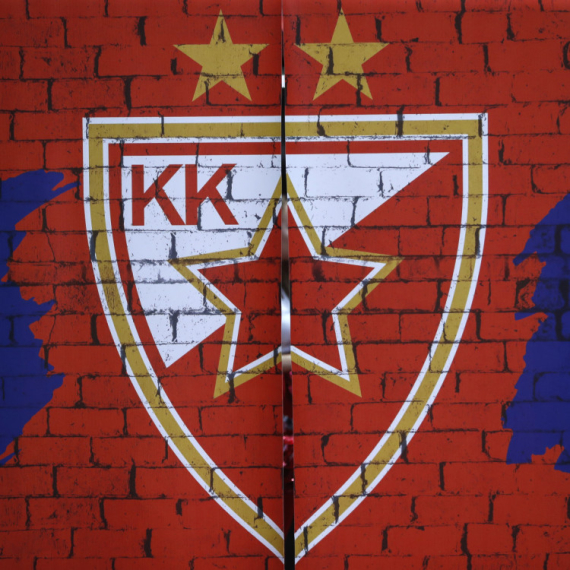



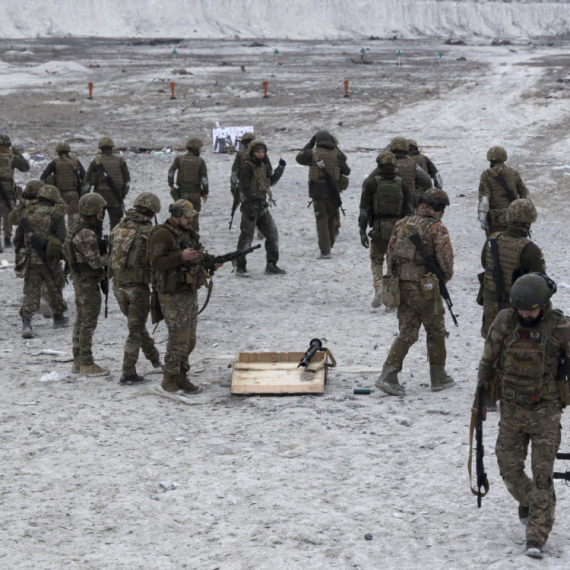




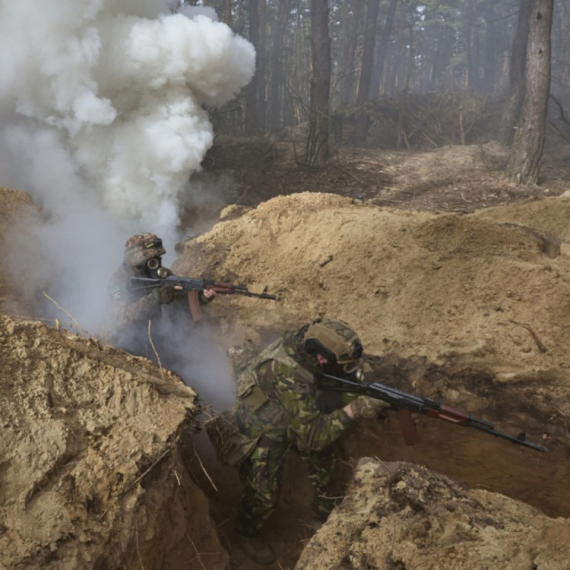
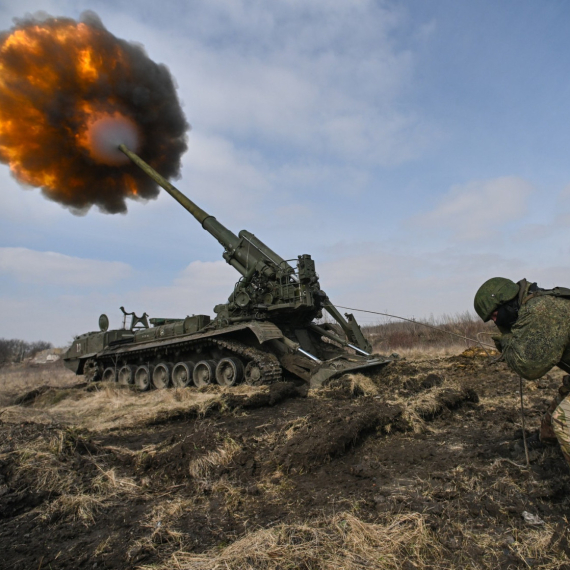






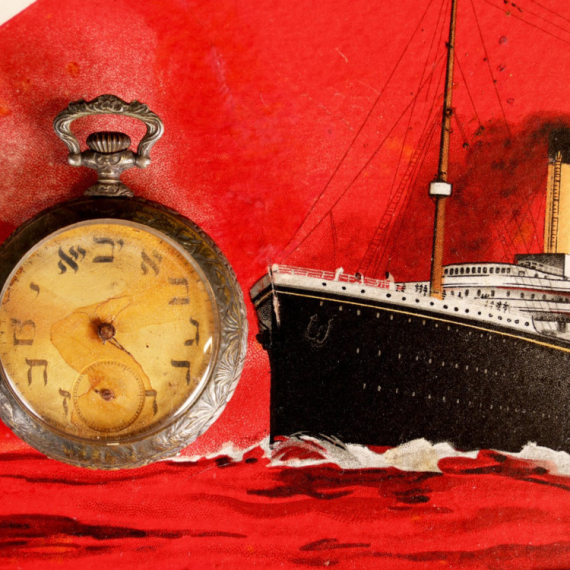

































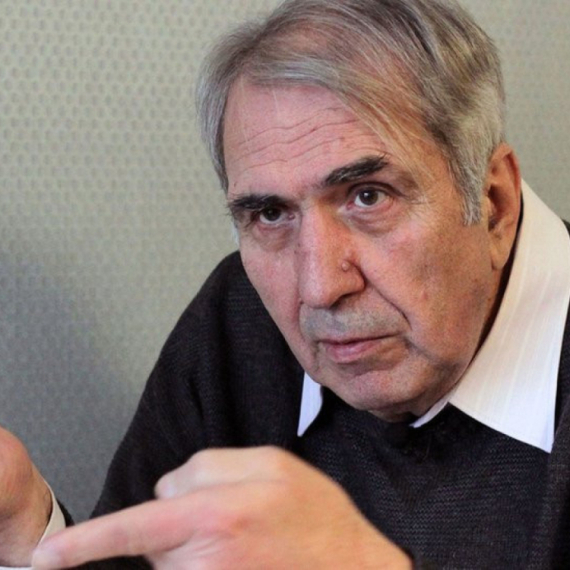

Komentari 14
Pogledaj komentare